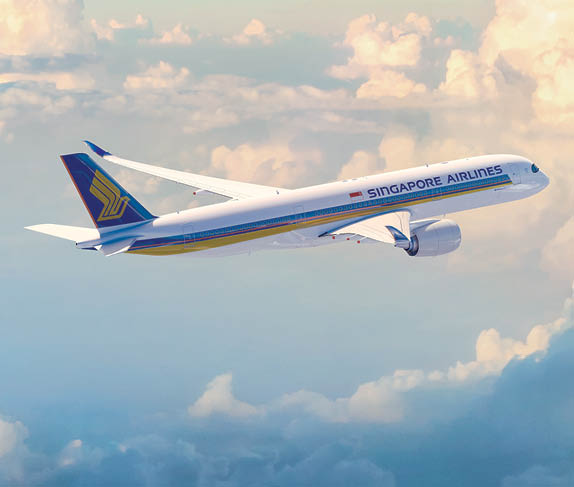Firstly, as many of you would have noticed already, the recent weakness of oil futures is giving way to rising prices. WTI spot prices are at $96.93 while Brent Crude continues solid gains of the past week or so currently at $116.29. It is going to be a hard September. But the real story here for aviation is simply one of refining capacity. As manufacturers push out aircraft at ever increasing speeds someone somewhere has got to start increasing jet fuel refining capacity to match this expansion of fleets, especially in the APAC region.
The Indian law ministry is still yet to agree a deal with Boeing for the supply of 787s leaving around 20 Air India officials stranded in Charleston since mid-August awaiting the chance to get their hands on three 787s.
All this is due to the ratification of the compensation agreement between Air India and Boeing over the three year delivery delay. Air India cannot release any payments to Boeing till the contract is approved by the law ministry.
The fourth 787 was the subject of the GE engine blowout during a 28 July taxi test.
Air China, which is in debt to the tune of US$14.2 billion, is planning its first domestic bond sale in three years to "repay bank loans and replenish cash for future development," according its Cheng Fan, its chief financial officer.
The carrier plans to sell up to 10 billion yuan (US$1.6 billion) of securities maturing in up to 15 years. Half of that amount will be offered this year.
Air China has suffered from the slump in travel demand across world as well as higher fuel costs, which caused a 77% drop in the airline’s first-half earnings. First half net income fell to 944.5 million yuan from 4.06 billion yuan a year ago, with its debt increasing to 1.7 times its equity on June 30 from 1.5 times at the end of last year, the company said.
A weak yuan is causing more problems for Chinese carriers, with Air China booking a net exchange loss of 339 million yuan for the first half of 2012, compared with a 1.51 billion yuan gain a year earlier.
AI pilots kick their feet up as aircraft go nowhere and Air China debt…

